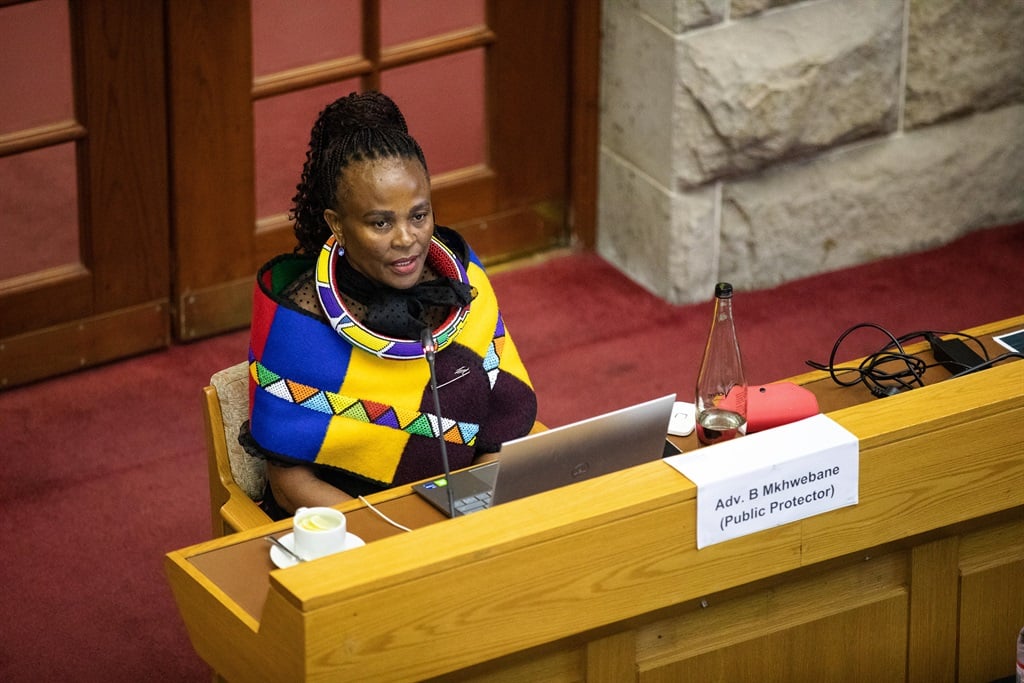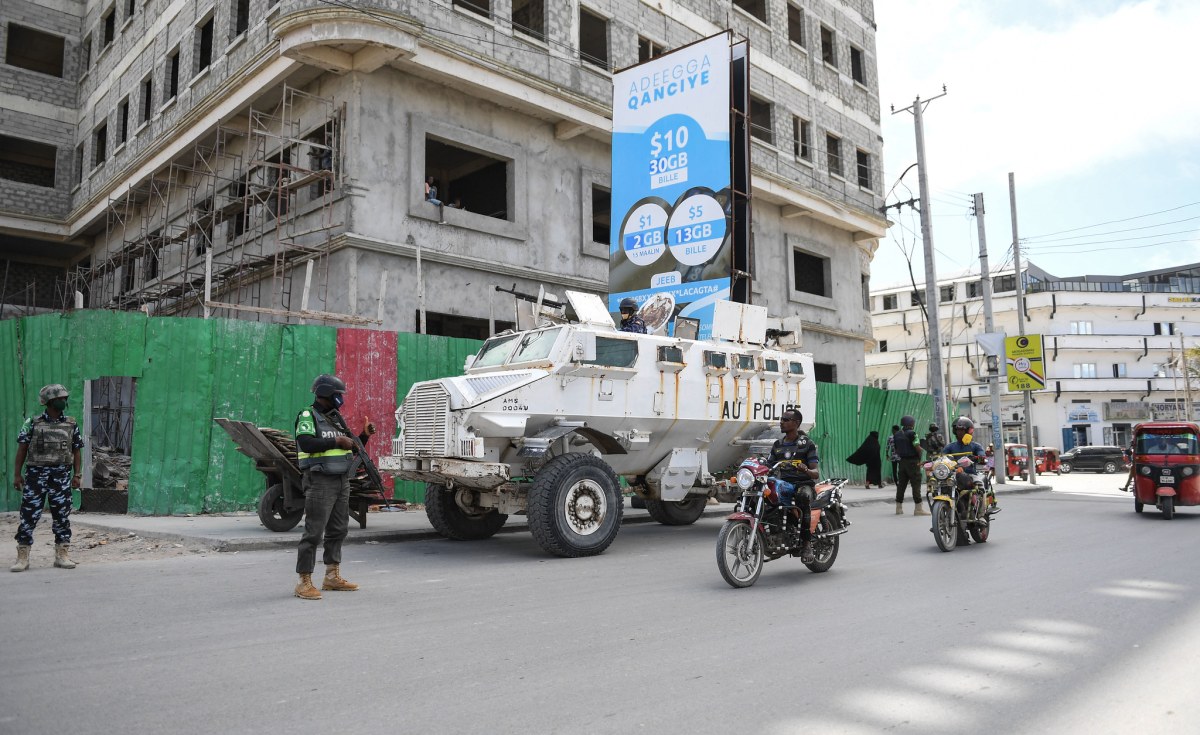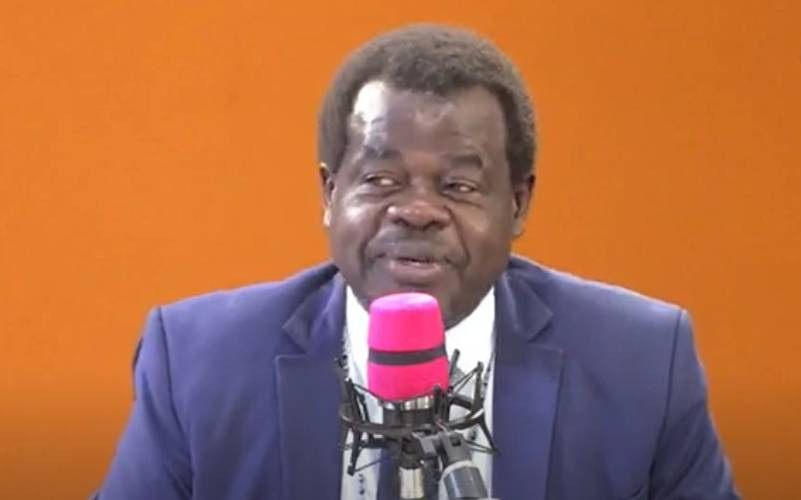National Assembly Speaker Nosiviwe Mapisa-Nqakula declined the ATM’s request for a secret ballot for the vote to remove Public Protector Busisiwe Mkhwebane.
- National Assembly Speaker Nosiviwe Mapisa-Nqakula has rejected the ATM’s request for a secret ballot in the vote to remove suspended Public Protector Busisiwe Mkhwebane.
- The ATM, which has supported Mkhwebane and backed her attempts to filibuster the impeachment process, also wanted a postponement.
- Mapisa-Nqakula said citizens have the right to know how their representatives vote on the matter.
The vote to remove suspended Public Protector Busisiwe Mkhwebane will not use a secret ballot, National Assembly Speaker Nosiviwe Mapisa-Nqakula has decided after a request to that effect from the African Transformation Movement (ATM).
The National Assembly Programme Committee (NAPC) agreed on 31 August that the House would debate the Section 194 Committee’s report that recommends Mkhwebane’s removal on 11 September at a fully physical sitting at the Cape Town City Hall, and that voting would take place through roll call, where each MP is called to indicate their vote in person. The ATM didn’t object to this.
On 4 September, ATM leader Vuyolwethu Zungula, who has a penchant for unsuccessfully requesting secret ballots, wrote to Mapisa-Nqakula requesting that she order that the vote be by secret ballot.
Subsequently, UDM leader Bantu Holomisa also wrote to the Speaker supporting Zungula’s request.
Along with the EFF, the ATM and UDM have supported Mkhwebane throughout her impeachment process, often backing her calls for postponement and other attempts to filibuster.
In his letter, Zungula claimed that it would be “extremely irrational” for Mapisa-Nqakula to allow an open vote.
He asked her to inform him of her decision expeditiously “so that, in the event of a decision not to grant the request, we may have sufficient time to take appropriate legal steps to reverse your decision”.
He also requested that Mapisa-Nqakula postpone the vote. The ATM has a history of unsuccessfully litigating to force votes by secret ballot in the National Assembly.
Mkhwebane’s term of office expires on 14 October, at which time she would be entitled to a gratuity of around R10 million.
READ | ‘We are unpersuaded’: High Court dismisses ATM bid to overrule Parliament on Ramaphosa impeachment
“The Speaker, after careful consideration of the matter and a thorough examination of the relevant legal precedents and principles that guide the Speaker’s discretion in determining a method of voting, communicated her decision to the ATM and UDM [on Thursday],” reads a statement from parliamentary spokesperson Moloto Mothapo.
The statement continued:
The Speaker has taken into account the established law that empowers her to determine the voting procedure when no specific method is prescribed by the Constitution or rules. In this case, the rules governing the removal of Chapter 9 officebearers do not specify the method of voting. The Speaker has also considered the circumstances surrounding the section 194 enquiry and the impending removal proceedings.
Mapisa-Nqakula believes that a closed voting procedure would deprive citizens, who have a significant public interest in the matter, of identifying their representatives’ positions and holding them accountable.
She also emphasised that Chapter 9 office bearers are held accountable through various oversight processes of the Assembly, conducted openly and transparently, and the section 194 proceedings themselves have always been conducted in a transparent manner.
“The Speaker has found no reason to believe that any member will be bribed or exposed to corrupt activities in relation to the vote or that there were any safety concerns which may necessitate a secret ballot.”
READ | ‘Unfounded’: Parliament’s ethics committee clears MPs and Speaker of Mkhwebane’s bribery allegations
Mapisa-Nqakula also noted that there was basis in law to delay the debate and vote on the report which, in terms of Parliamentary Rules, has to be scheduled with due urgency.
“The proposal for an open roll call voting procedure was discussed and agreed upon in the Chief Whips’ Forum and later formally approved in the NAPC. Importantly, no objections were recorded by the ATM or UDM or any other political party in both instances. The Speaker has noted that this request for a secret ballot by the ATM has come six full business days after the decision of the NAPC, raising concerns about the timing of the request,” said Mothapo.
“Therefore, in light of these considerations, the Speaker has indicated that she cannot accede to the request for a secret ballot voting procedure.”
The sitting will occur on Monday at 14:00, with the open call voting procedure.

















.jpg&h=630&w=1200&q=75&v=20170226&c=1)





Discussion about this post